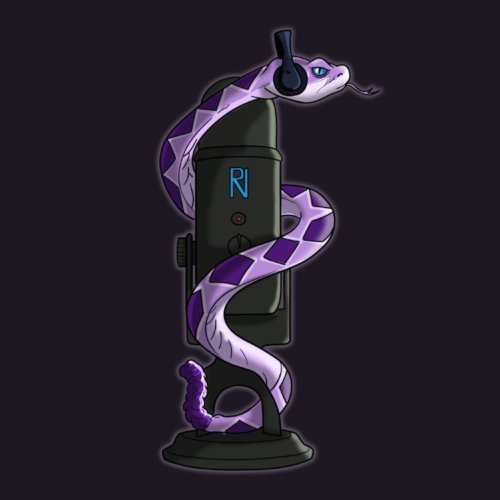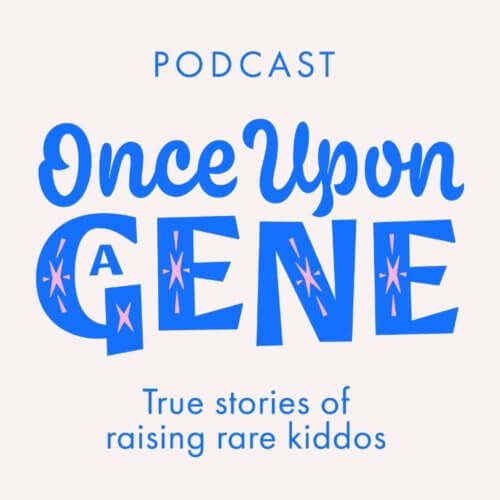Parkinson’s is a family affair | 7
In this episode, we discuss what it is like to a get a diagnosis of Parkinson’s in the prime of your life when you are happily married with four kids and had been anticipating a return to full time work after a tour of duty has a full time Mom.
On her website, www.kittyfitton.com , she says, “I am a comedian, Aviation fiend, Air-Scout leader, mother, wife, friend, and I have Parkinson’s Disease. It’s the last thing that’s the real kick in the guts, but also the thing that has helped to transform my life from humdrum to extraordinary.” What I like so much about Kitty is that she is real, authentic and vulnerable. I relate a lot to her story.
Kitty was diagnosed with Parkinson’s in early 2016. Originally, from North of England, Kitty and her husband Craig have been raising their four kids in New Zealand since 2011. When the diagnosis came, Kitty admits she cried for days. A visit from a Parkinson’s New Zealand associate gave her the information and inspiration she needed to move forward. Kitty admits though, she and Craig often say they like the taste of sand, because all too often they put their heads in the sand when it comes to the realities of Parkinson’s disease.
In the past year, if they are being honest with each other about the PD, Kitty and Craig have noticed changes. Her gait is more pronounced and she uses poles for tramping. They both also notice her face is a bit droopier and more masked than a year ago at this time.
Kitty remembers a time, pre-diagnosis; they used to sit out back, with a glass of wine, under the stars, planning grand tours of Europe. But, at some point that stopped dreaming about the future and now fear it or don’t discuss it at all. After all, when it comes to future planning, fears of disease progression can be paralyzing. In a recent conversation, Kitty says Craig lamented that because of the Parkinson’s they could not plan anymore. She argued, “I can still do stuff.” Admittedly, she is slower, but she still dreams, still plans and still has a lot of living to do.
That being said, Kitty does fear the days when she will need more assistance, “I’m terrified of losing cognitive ability and of not being independent.” However, she has warned her husband about one thing, “If you ever tell someone you are my carer in public, I will punch you.”
These honest, tearful and hysterical moments of conversation between spouses, exchanging fears and assumptions, are happening with couples and families dealing with Parkinson’s around the world. I thank Kitty sharing her story and for giving us a peek inside her family life. No matter how different our journeys may be, the conversations couples and families have through tears and fears is universal and makes us all feel a bit more normal when we realize we aren’t the only ones who stopped dreaming about vacations or who’ve come to the conclusion that denial tastes a lot like sand.
If you have a comment or question about the podcast, you can email us[email protected]
We invite you to add your voice to the show and leave a message for us here;https://www.speakpipe.com/WhenLifeGivesYouParkinsons
Follow me, Larry Gifford
Twitter: @ParkinsonsPod
Facebook: Facebook.com/ParkinsonsPod
Instagram: @parkinsonspod
Follow Co-host and Producer Niki Reitmayer
Twitter: @Niki_Reitmayer
Special thanks to…
Niki Reitmayer for picking up the slack, while I recover from some random non-PD health stuff.
Kitty Fitton. Follow her on twitter @kitty_fitton, or go to her website https://www.kittyfitton.com/
The book from Parkinson’s New Zealand that Kitty referenced is available as a PDF download on the web. Just click here “Guide to Newly Diagnosed.”
For more info on our presenting partner Parkinson Canada head to http://www.parkinson.ca/Toll Free Hotline 1-800-565-3000 or follow them on Twitter @ParkinsonCanada
Thanks also to our content and promotional partners
Parkinson’s IQ + You– A free, series of Parkinson’s events from the Michael J. Fox Foundation
Spotlight YOPD – The only Parkinson’s organization dedicated to raising awareness for Young Onset Parkinson’s disease.































